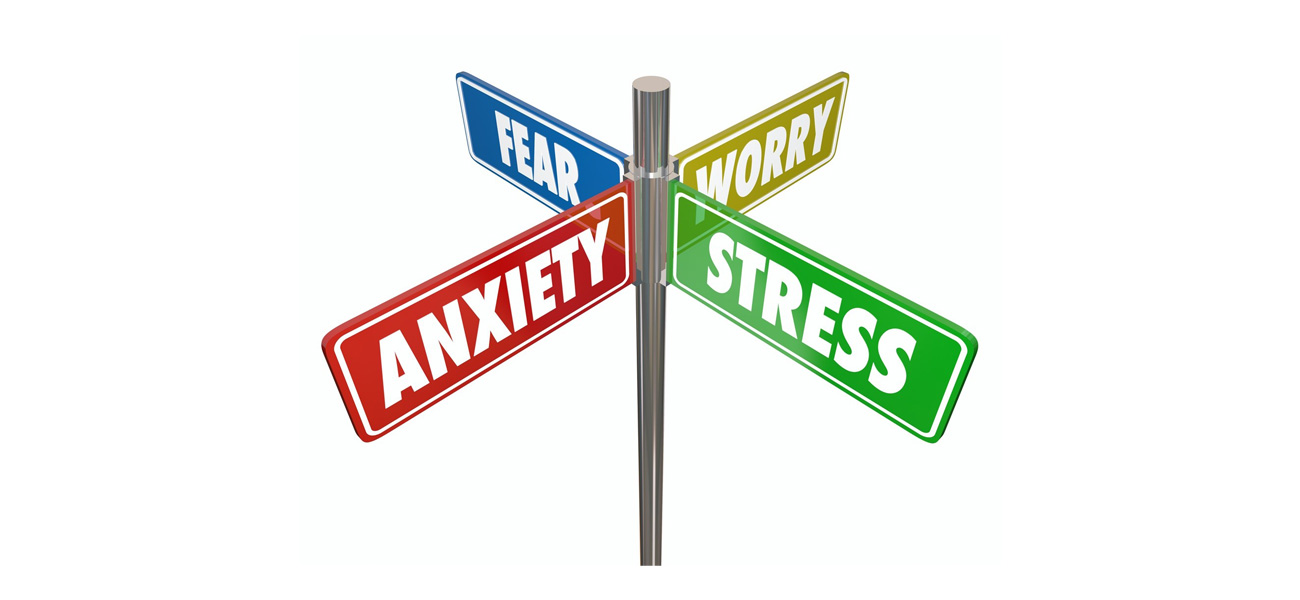
The Cycle of Anxiety:
Anxiety can start with your threat system being activated by a trauma or disturbing situation that you had from a past experience.
When the trigger gets activated, you get alarmed, and start to feel the physical symptom of anxiety, followed by the physical symptoms getting worse, and then the fear of the physical symptoms.
This cycle of anxiety can spiral out of control, becoming very unpleasant. At this stage, it is important to notice your unhelpful thinking habits and automatic thoughts that are not helping you.
Once you are aware of these unhelpful thinking habits, you are able to start to challenge them.
Anxiety can present itself in different ways
- The desire to control people and events
- Difficulty in getting to sleep
- Feeling agitated or angry
- Feeling defiant and using challenging behaviours
- Having high expectations of yourself, including work, school, sports, and relationships.
- Avoiding activities and events
- Struggling to pay attention and focus
- Having an intolerance of uncertainty
- Crying and having difficulty managing emotions
- Overplanning for situations and events
5 Ways to Relax During Anxiety:
Number 1: Countdown with 5,4,3,2,1.
- Start with 5 things you can see, say out loud, and full sentence:
- I see my hands
- I see my desk
- I see my plant
- I see the lamp
- I see my feet
- Next, 4 things you can physically feel, say out loud, and full sentence:
- I feel my feet on the ground
- I feel the top of my desk
- I feel the coffee cup
- I feel my phone
- Next, 3 things you can hear, say out loud, and full sentence:
- I hear the sound of my breath
- I hear my the cars outside
- I hear the fan in my computer
- Next, 2 things you can smell, say out loud, and full sentence:
- I smell my coffee
- I smell my hand lotion
- I smell the lemon
- Next, 1 think you can taste, say out loud, and full sentence:
- I taste the mint in my mouth
This exercise brings you to the present moment, and takes you away from the thoughts that are causing you to feel anxious, breaking the cycle of anxiety, and interrupting unhelpful thinking patterns.
Number 2: Breathe, and reconnect to your body.
- When we experience anxiety, we can often feel disconnected with our bodies. It is really important to reconnect our mind and body. This exercise you can do either standing or sitting down:
- Take a big breath in, and push the tips of your big toes to the ground
- Breathe out fully, and push the tips of your little toes to the ground.
- Repeat until you start to regain your connection with your mind and your body.
Number 3: Comfort and soothe yourself.
- It is important to create a safe place for yourself, and to be able to give yourself a feeling of comfort and soothing. This helps to settle and relax us, and can improve our mood, and give ourselves self-compassion.
- With your arms crossed in front of you, rub your arms up and down from elbow to shoulder with intensity for about 20-30 times. Lean into this, and gently rock yourself as you do this.
Number 4: Use your mouth and saliva glands to soothe yourself.
- Fill up your mouth with saliva and swirl it around. A wet mouth signals to your mind that you are super relaxed. When you are nervous your mouth is dry. When you are relaxed, your mouth is wet. Then push your tongue on the roof of your mouth, just above your teeth.
Number 5: Use positive affirmations to replace negative looping thoughts.
- I will get through this
- I am doing the best I can
- I am enough, just the way I am, and I accept myself completely
- Go ahead, give it a try, I can do this
- I make my own choices
- I can control what I can, let go of what I can’t
- I have confidence in my resilience and my strength
- I will focus on enjoying the present moment
- I will be patient, kind, and compassionate with myself
- I give myself permission to be happy
- I believe in myself
- I trust in myself
For more information call or text Madeleine Sullivan at 778-584-3955,
or email madeleine@sullivancounselling.


